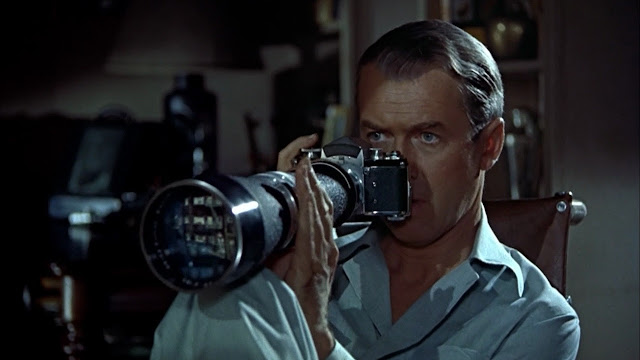The acting is great and quite rightly Olivier, Fontaine and Judith Anderson (who virtually steals the show) were nominated, along with Hitch, Franz Waxman (who appears to be using an organ at points and is thus being quite experimental: a great score), writers Robert E Sherwood and Joan Harrison ("I am Mrs. de Winter now!") and editor Hal Kern. George Barnes throws lovely shadows everywhere and there's a great curtain-drawing shot in Rebecca's bedroom. Does the second Mrs De W. have a first name?
Gladys Cooper and Nigel Bruce aren't in it enough, Leo G. Carroll just enough, George Sanders is beastly and Florence Bates ghastly. Reginald Denny as the estate manager is perhaps the weak link. C. Aubrey appears too.
Also, Bates to Fontaine:
"Have you been doing something you shouldn't?"
Oddly, it's not particularly Hitchcocky, as opposed to Q's choice:



